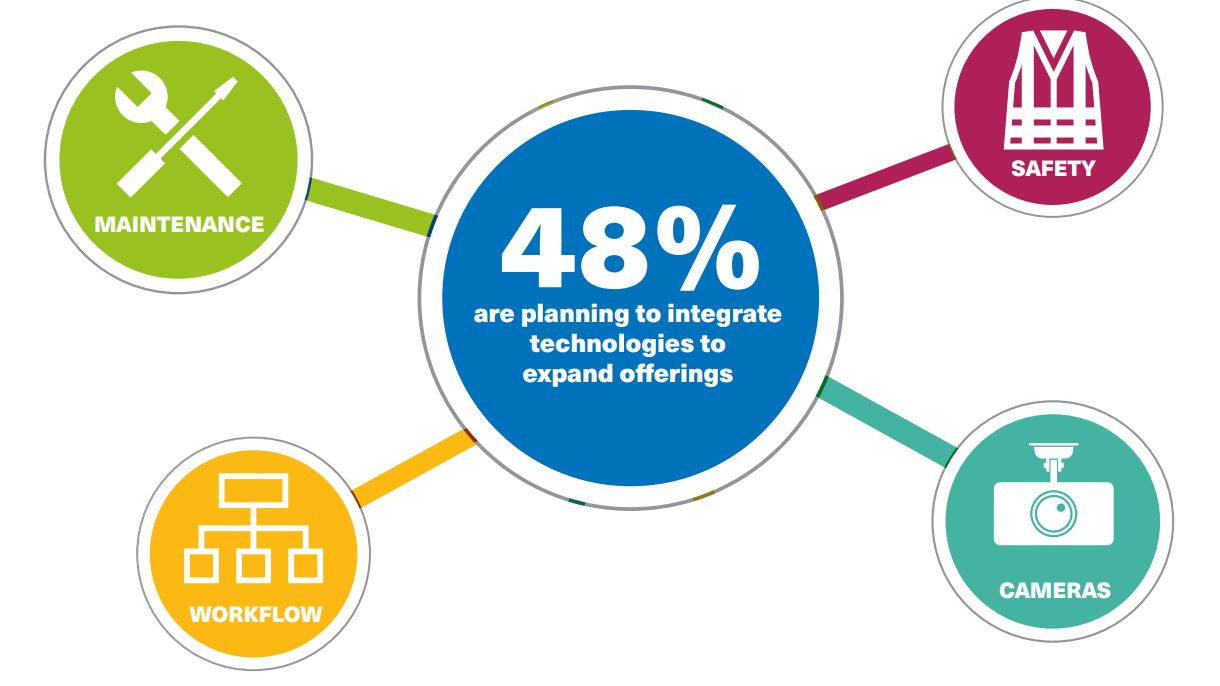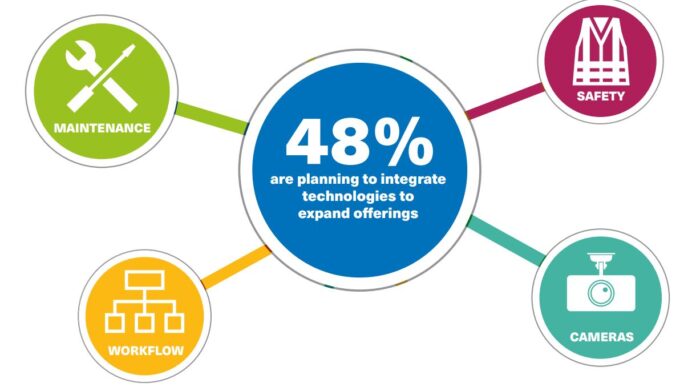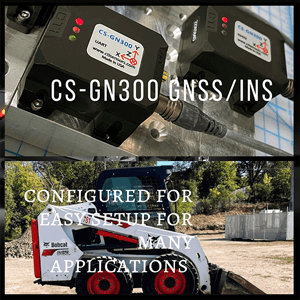Teletrac Navman last week released a survey of more than 1,800 global fleet executives, most operating fleets with more than 25 vehicles, to assess their opinions about economic challenges facing the industry. Respondents came from the United States, Australia, New Zealand, Mexico and the United Kingdom, the company said.
Fuel cost was the number one concern for global fleet operators. “As the cost of fuel spiked 33 percent from the start of the 2022, many operators are looking at driver behavior programs and alternative fuel transition as key areas of focus to help ease the pain. As COVID-19 and the war in Ukraine still reshape the supply chain and current working processes, fleets are also looking for new ways to extend vehicle life and conserve fuel through preventative maintenance and driver coaching programs,” the survey said.

Teletrac Navman said that driver safety is the No. 1 benefit of using a telematics platform. In addition, the company said that mobile applications have made it drivers to see how they are performing against targets and peers. Approximately 91 percent of businesses that have improved safety are using driver performance coaching with all reporting a dramatic reduction in accident rates, the survey said.
The survey said that video telematics and computer vision technology is increasing, with the global market expected to grow by 18.5 percent between 2022 and 2027. “Businesses are looking into digital transformation as they want quicker ways to respond to customers while also improving operational efficiency,” the survey said.
The survey recommended that fleet operators:
- Implement new driver behavior programs to improve fuel efficiency and extend vehicle life.
- Operators should also be looking to accelerate alternative fuel transition.
- Take advantage of government incentives.
- Gain competitive advantage from lower operating costs.
“2023 looks to be a challenging year for fleet operators with fuel prices continuing to put pressure on operating costs and supply chain issues creating uncertainty around vehicle and parts availability,” the survey said.



























